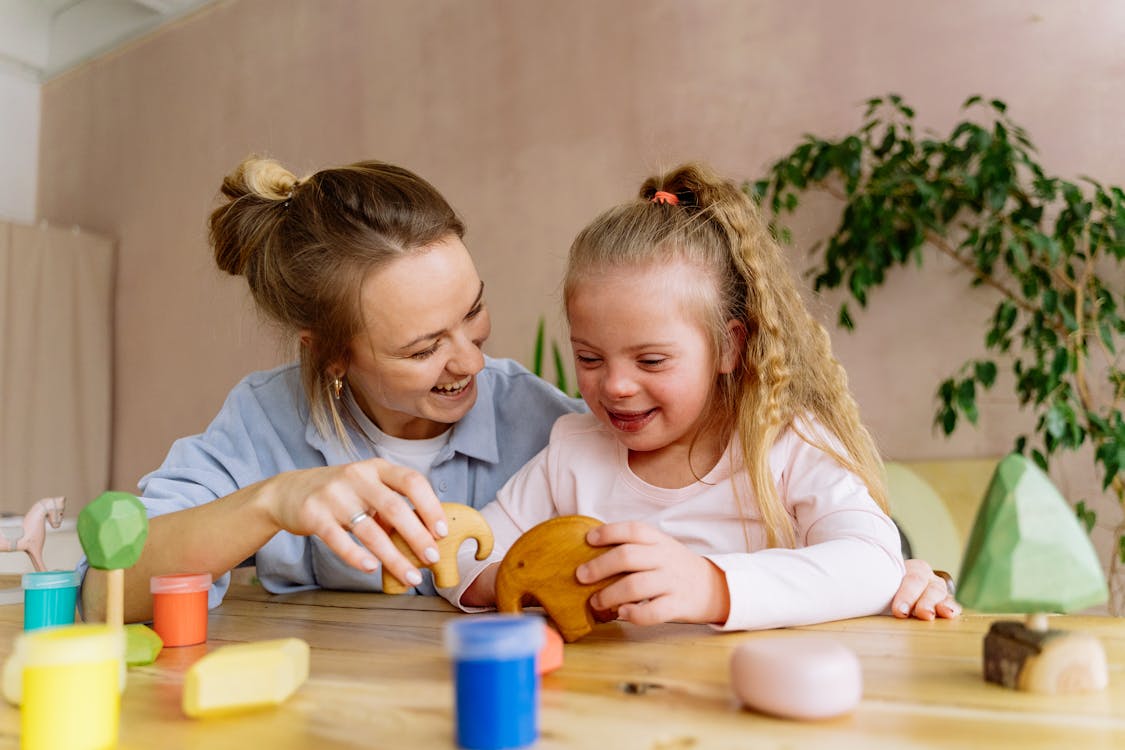Whenever we see any child performing on the stage or giving a speech, we want our child to be there. The concern is our children may not be that outspoken, or if they are, they might fear to face the public. How can we overcome this? Should we force them to perform on the stage? No, that does not sound good. Then what should be done?
I remember learning vocal music when I was a child. Possessing a voice of a nightingale, I have never loved singing that much. My parents wanted me to learn songs, so I did, but I could not continue to be an expert. One thing I remember is that people loved to listen to my songs. Sometimes they used to approach my parents for any event which was about to happen, and they wanted me to sing the welcome song. If my parents said yes, I used to participate and sing. As a child I didn’t like singing, but now I understood why my parents taught me singing and asked me to give a stage performance. It was to make me proficient in something different other than studies, to upgrade my skills and also to overcome the fear of facing the public.
Kids in those days were not as smart as today’s kids and used to do whatever their parents asked them to do. But now the situation is different. Kids of this technological era are smart by birth, and sometimes it seems as if we don’t have to teach them anything, they know everything. They feel they are smart and intelligent, but, though they are smart, they too fear to face the public and speak in front of them.
We as parents think that if we can help a little, if we can push a little, they can do wonders. Let’s not waste much time and look into some tips which might help our kids to overcome the fear of facing the public.
Give them an opportunity to speak at home.

Ask your child about their school activities and also what happened in school. What did his teacher teach him? Talk to them about different assignments given by their teacher. Ask them to get some innovative ideas to complete any project and talk about it to them. Talking helps a child to face their family members at the first step.
Be a good listener

When they talk, listen to them. Don’t say you don’t have time for them, or they are speaking rubbish. Even if they are speaking rubbish, listen to them and then explain to them why you found it to be rubbish. If you listen to them, they feel proud of themselves, and when they are proud, they feel confident automatically.
When guests are at home, don’t ask them to leave the room.

Many parents ask their kids to leave the room when guests are there. In fact, let them sit, let them talk to the guests. Being parents, you too speak about your child to the guests. But yes, kids should not be between adults. When they are done, just call them politely and ask them to continue with their studies. Here your kids should understand by themselves that they should leave the room for the elders now. This not only builds confidence in them but also builds maturity.
Incite values in them

Don’t ask them to stop doing anything saying “what others will think”. We cannot judge what others would think and even we can’t act according to others’ desires. Tell them that they should do whatever make them happy. Being happy doesn’t mean to harm others and trouble others, but to be happy by doing something which would add value to others’ lives.
Reward and reinforce good behaviour

Always reward them and praise them if they have done something good. Praising can boost their self-confidence. At the same time, don’t forget to reinforce good behaviour so that they keep doing it and never forget about it.



